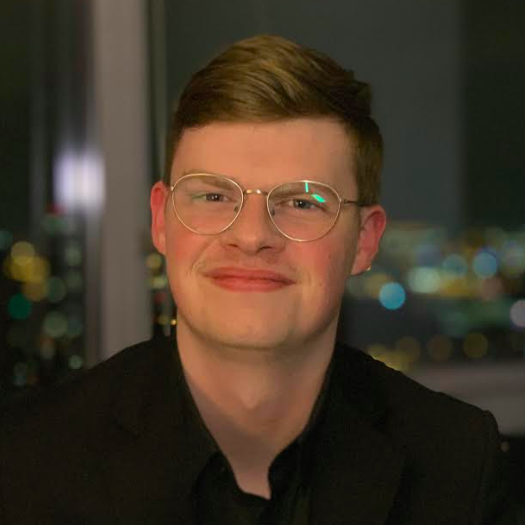
Sustainable business and social consciousness are becoming central to mainstream corporate discourse, and Salesforce CEO Marc Benioff has been a part of that conversation for years.
Benioff’s voice has turned into a fever pitch leading up to the release of his new book, Trailblazer, this past Tuesday. His traversal of the media circuit has led to some interesting discussions on the state of corporate America, such as his recent interview on Mad Money and op/ed in The New York Times. Offering a stark juxtaposition to traditional ideas of running a business, Benioff ventures to a conclusion that not many in his position are willing to reach: “Capitalism, as we know it, is dead.”
A rethink of capitalism
The New York Times piece portrays a man who understands that the system he is critiquing gave him his influence and wealth. But Benioff also recognizes that times are calling for a new iteration of capitalism, one that values stakeholders over shareholders, or at the very least values them equally. He joins other billionaires who are in favor of increasing taxes on America’s wealthiest citizens, with names such as Warren Buffett, Bill Gates, Tom Steyer and Bridgewater Associates founder Ray Dalio.
The calls for a more equitable version of capitalism have permeated the highest levels of American discourse, signified by Benioff in the business world and by individuals like Andrew Yang in politics.
Piggybacking on the Business Roundtable
In August, the Business Roundtable released a similar statement to Benioff’s echoing a firm commitment to a stakeholder-driven approach across the business world. The organization previously prioritized shareholder primacy—the idea that a company’s primary responsibility is to maximize shareholder profit—in its annual statements dating back to 1997. After 21 years, 181 CEOs came together to release a revised vision, one that calls for stakeholders, such as employees, customers and communities, to be valued in the calculus of decision-making. Signatories included Apple CEO Tim Cook and Amazon CEO Jeff Bezos.
In that statement, the Roundtable calls on companies invest in employees, which has proven to be a worthy use of capital; support the communities in which they work, which has been a hot topic in recent years with the Amazon headquarters debate; and also to deal with suppliers ethically. All of this in addition to traditional concerns centered around providing value to customers and shareholders.
A clarion call for sustainable business
Marc Benioff and other high-level executives are leading the charge to reorient capitalism, and those calls for more responsible and sustainable business will only continue. Recognizing that organizations are part of a broader ecosystem is necessary for that organization to not only thrive, but to survive. At any scale of business, whether it be a small store or a billion-dollar enterprise, expectations are evolving. Just ask Facebook, which Benioff has publicly called to be broken up. Scale doesn’t shield any organization from these changing expectations.
In the past, executives had no incentive to change, and the income inequality that has proven to be a foundational problem of our time emerged. Now, incentives have changed, and with them the outlook of organizations.
Investments in communities and in employees are no longer sunk cost. They are vital investments in maintaining the world in which companies exist. Not only that, but turning an organization toward a more equitable orientation can be the greatest problem-solver we have. That’s reason enough for any organization to assess its societal impact.
Image credit: Quintin Gellar/Pexels

Bryant Jefferson is a senior studying social entrepreneurship at Roosevelt University. He makes content about social entrepreneurship, public policy, and CSR. Bryant is from Hampton, Illinois.














